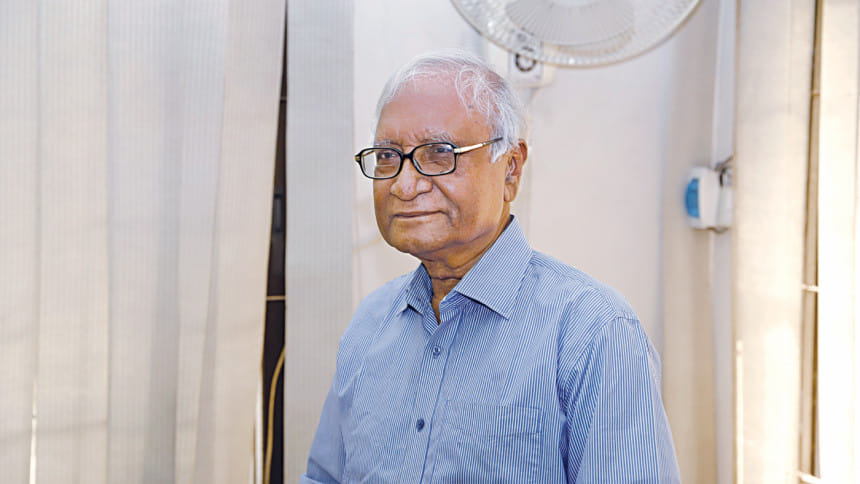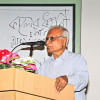This kind of violence is unheard of

Dhaka University Professor Emeritus Serajul Islam Choudhury yesterday said the brutal suppression of dissent at universities is alarming because these institutions are supposed to nurture free speech.
“Universities should set examples for the society on how the culture of democratic practices and the differences of opinion could be ensured,” the academician said in a telephone interview on the killing of Buet student Abrar Fahad.
“Universities are models for society. If universities lack space for differences of opinion and dissent, we do not see any hope,” he added.
Abrar was a second-year student of electrical and electronic engineering at Bangladesh University of Engineering and Technology.
He was found dead inside his dormitory after ruling party-backed Bangladesh Chhatra League men allegedly questioned and assaulted him on suspicion of his involvement with Islami Chhatra Shibir.
At 5:32pm on October 5, the day Bangladesh and India signed several agreements, including India’s withdrawal of 1.82 cusecs of water from the Feni River, Abrar Fahad posted a Facebook status drawing on three historical examples, in which he claimed Bangladesh failed to protect its interest -- use of ports, water sharing, and export of energy resources to the neighbouring country.
Serajul said, “I think that there is a presence of intolerance in our society and people hardly tolerate dissenting voices. But if a similar situation exists at universities, it means we are heading towards darkness.”
The veteran professor, who is 83-years old, said such violence was unheard of.
“It is taking place under the patronage of the ruling party-backed student organisation. It is the government’s duty to keep them under control, but they cannot do it. They [the government] cannot control the ruling party’s youth front who are involved in illegal casino business [as well]. Their student wing is out of control. This is really unfortunate.”
Serajul said Buet was peaceful for the last few years. Such a killing inside the hall means fellow students are the main suspects.
“It indicates intolerance. It is an example of suppression of free speech and dissent. This is alarming.”
Any citizen can raise their voice on any major political or other issues. There should be differing opinions on many topics, the professor said.
“If students kill a fellow student for this reason, it means there is an existence of low tolerance in our society.”
He said intolerance at universities is the result of an unhealthy atmosphere on campus.
“There is no place for dissent. The ruling party men dominate the campus and control everything unilaterally. If there was a democratic environment, this would not have happened.”
Public universities used to have healthy environments, tolerance, democratic practices, and cultural activities because there were regular student union elections through which students could express their opinions, he said.
“But student union elections at public universities have been absent for decades,” he added.
Although the DU had an election recently, it was not proper and created controversy. The Ducsu general secretary was suspended from his own organisation for corruption, he said.
“Legal punishment for crime is not enough as a remedy. A total change in the campus atmosphere is vital for changing the situation. Active and vibrant student unions and a culture of democratic practices will be the key to that change.”
Activities of the vice chancellors are other aspects.
Such corruption at public universities was never heard of. They have no accountability for their actions.
The VCs should be held accountable if students were not able to express their opinions, he added.

 For all latest news, follow The Daily Star's Google News channel.
For all latest news, follow The Daily Star's Google News channel. 








Comments